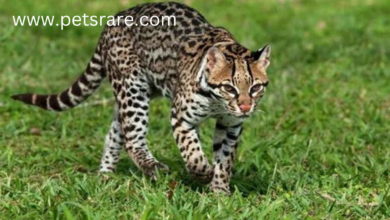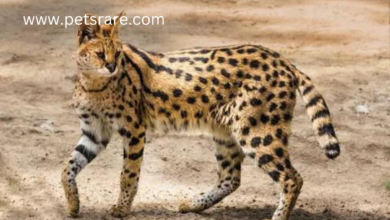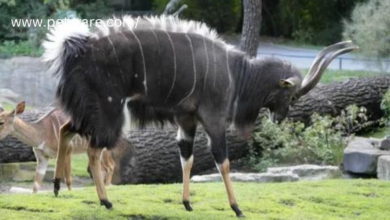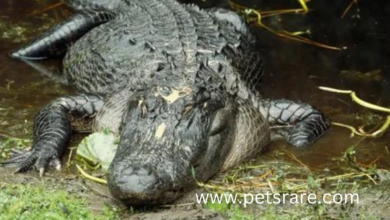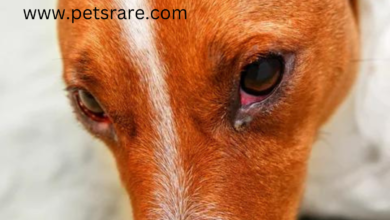Understanding metabolic bone disease (MBD) in Solomon Islands bark beetles
Solomon Islands Tree Skunk Metabolic Bone Disease: Management
Metabolic Bone Disease (MBD) is a serious health condition that affects many reptiles, including the Solomon Islands Tree Skink. It is caused by an imbalance of essential minerals, mainly calcium, phosphorus, and vitamin D3. This article will shed light on the management of MBD in these fascinating creatures.
Understanding metabolic bone disease (MBD) in Solomon Islands bark beetles

MBD is a preventable condition, but once it develops, it can be difficult to treat. It is very important to understand the underlying causes and implement preventive measures.
Symptoms of MBD in bark of Solomon Islands trees
Early detection is key to effective management. Watch for these signs:
- Lethargy: Decreased activity level and overall weakness.
- Soft or malformed bones: Significant deformities in limbs or jaw.
- Muscle jerks or spasms: Involuntary contraction of muscles.
- Difficulty shedding: Difficulty shedding old skin.
- Loss of appetite: Loss of interest in food.
- Rubbery or soft eggs: In the skins of women.
Management of MBD in Solomon Islands tree skunks

Treatment for MBD involves a multifaceted approach. It is important to consult a reptile veterinarian for a proper diagnosis and treatment plan.
Dietary Adjustments:
- Increase calcium intake through calcium-rich foods or supplements.
- Ensure proper ratio of calcium and phosphorus in diet.
- Offer a variety of insects and vegetables.
- Vitamin D3 Supplement:
- Provide adequate amounts of vitamin D3 through diet or supplements.
- Expose skunks to controlled amounts of UVB light.
Environmental Enrichment: - Create a suitable environment with proper temperature and humidity levels.
- Provide opportunities for hiking and exercise.
*Supportive care: - Provide a calm and stress-free environment.
- Monitor for signs of improvement or deterioration.
Inhibition of MBD in bark of Solomon Islands trees

Preventing MBD is much easier than treating it. Follow these precautions:
- Adequate Diet: Ensure a balanced diet with adequate calcium, phosphorus and vitamin D3.
- UVB Lighting: Provide adequate UVB lighting to aid calcium absorption.
- Temperature and Humidity: Maintain optimal environmental conditions.
- Regular Veterinary Checkups: Monitor your skin’s health and catch any problems early.
Frequently Asked Questions About MBD in Solomon Islands Tree Skunks
Q: Can MBD be completely replaced?
A: Although early intervention can improve the condition, severe cases of MBD can cause permanent damage.
Q: How long does MBD treatment take?
A: Recovery time varies depending on the severity of the case. This may take several weeks or months.
Q: Can humans transfer MBD to the bark of Solomon Islands trees?
A: No, MBD is not contagious between humans and reptiles.
Result

Metabolic bone disease is a serious condition that can significantly affect the quality of life of Solomon Islands tree fur. By understanding the causes, symptoms and prevention methods, you can take steps to protect your reptile’s health. Early diagnosis and appropriate treatment are essential for successful management.
[Image of Solomon Island tree bark]
Disclaimer: This article is for informational purposes only and does not replace professional veterinary advice. Always consult a qualified reptile veterinarian with any health concerns regarding your Solomon Islands Tree Skink.
